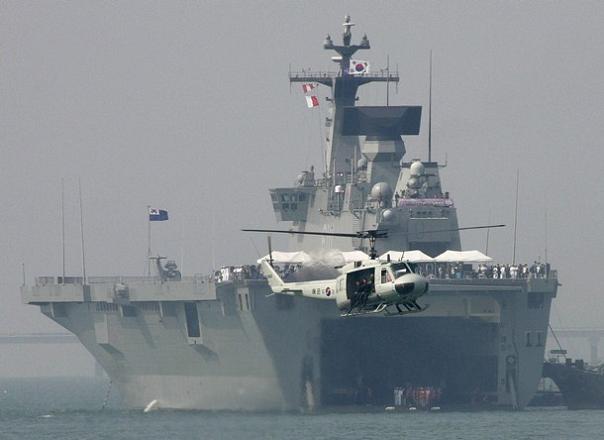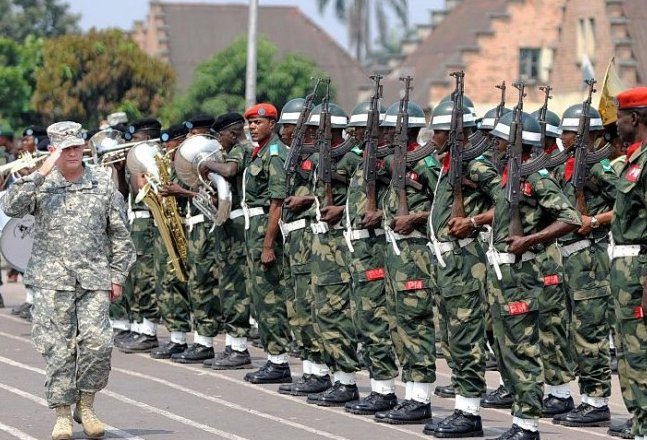South Korea plans to build an advance front-line naval base along the disputed Yellow Sea border with North Korea.
The government has approved the project and hopes to bolster its forces along the border with a dock for small warships, according to South Korea’s Defense Minister.
The 23,489 square meters base is planned to be located at Baengnyeong Island, one of five islands recognised as South Korean by the UN after the 1950-53 war. However, Pyongyang has always refused to accept the border line.
The new base will cost Seoul up to $36.6 million and will include barracks and a training ground and accommodate about 100 troops. It plans to be completed by the end of 2014. No more details about the new base have been revealed.
Political analyst James Corbett says the base is a sign of growing mutual mistrust in the region.
“This has to be seen as something of an escalation that indicates increasing border tensions and perhaps even military tensions between the two entities. The question is why now, what is really changing, what dynamic is changing between the two countries,” Corbett told RT.
He also did not rule out the possibility that the North Korean military could boost the number of its troops. However, Corbett said, there should be skepticism about “what kind of forces North Korea has to master and whether it will be an adequate response”.
“But certainly Pyongyang will have to react in some way at least to save face. So, we could definitely see some sort of boost of troops along the border or at least some sort of formal protest over the plan,” Corbett said.
The border between the two countries was the scene of deadly naval clashes in 1999, 2002 and 2009. In November 2010 the North shelled one of the five islands, Yeonpyeong, and killed two South Korean civilians, two soldiers and left 20 others wounded. It marked the worst incident of violence between the two countries since the Korean War.
The latest announcement comes after a recent increase in tension between the neighboring states after the North’s threat against South Korean media outlets for what Pyongyang has called critical coverage of its internal policies.
The two countries often exchange threat of military action, but have managed to avoid a full-scale armed conflict.











